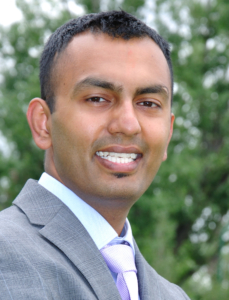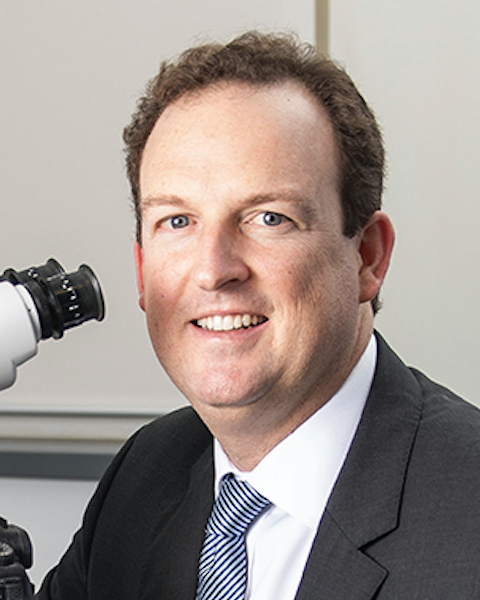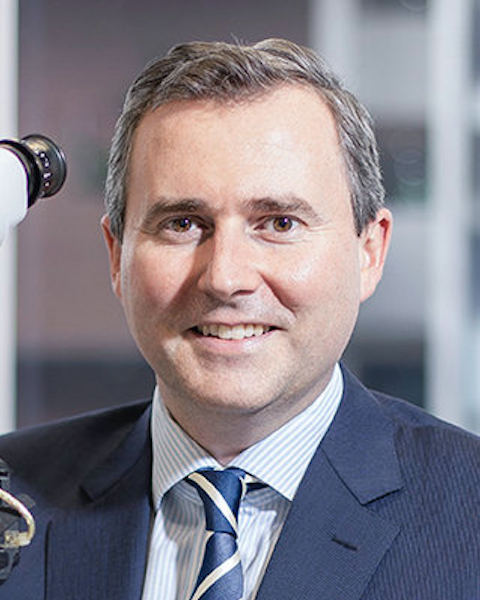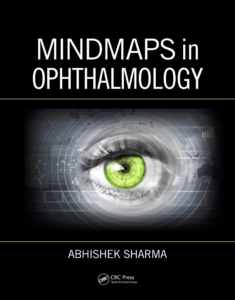Dr Sharma consults at the Queensland Eye Institute, a research foundation with a state-of-the-art office and the latest investigations, laser and injection facilities at two locations across Brisbane: South Brisbane and Clayfield. He operates on private patients at the advanced South Brisbane Day Hospital Woolloongabba, at Eye-Tech Day Surgery Hospital at Spring Hill, and St Andrews War Memorial Hospital at Spring Hill.
He is a Consultant Vitreoretinal Surgeon with the Royal Brisbane & Women’s Hospital and Queensland Children’s Hospital, and is an Associate Professor with the School of Medicine, University of Queensland.
Dr Sharma has trained in Melbourne, UK and Canada, and is a Fellow of the Royal Australian and New Zealand College of Ophthalmologists (FRANZCO). He has extensive sub-specialist training as a Retinal Specialist to look after your medical and surgical retinal conditions.

Our Team at Queensland Eye Institute
Queensland Eye Institute is Brisbane’s leading and most reputable ophthalmology practice. Queensland Eye Institute has highly respected Australian-trained ophthalmologists who have all obtained further sub-specialty training in the top hospitals of Europe and North America.
In addition to medical and surgical retinal specialists, our specialist eye consultants at Queensland Eye Institute can provide comprehensive care for all other eye conditions.

Dr Brendan Cronin – Specialises in anterior segment, including cataract surgery, pterygiums, keratoconus and corneal transplants.

Dr David Gunn – Specialises in anterior segment, including laser refractive surgery, keratoconus and cataract surgery.

Dr Geoffrey Ryan – Specialises in glaucoma, including laser therapy and minimally invasive glaucoma surgery (MIGS), and cataract surgery.

Dr Lee Holland – Specialises in anterior segment and glaucoma, including cataract surgery, pterygiums, keratoconus and corneal transplants
Dr Elias Kehdi (Paediatric + Strabismus), A/Prof Anthony Kwan (Vitreoretinal Surgeon), Dr Anthony Pane (Neuro-ophthalmology + General), Dr Angela Richards (Oculoplastics + Medical Retina) and Dr Jonathan Lai (Neuro-ophthalmology + General) complete our team with all aspects of eye care covered.
See our full team of eye specialists at Queensland Eye Institute. We provide services in neuro-ophthalmology, uveitis (inflammatory conditions of the eye) and certain childhood conditions – please contact us to check.
Queensland Eye Institute has Queensland’s only adult retinal electro-diagnostic unit (Queensland Electro-Diagnostic & Imaging Centre).
Mindmaps in Ophthalmology, 1st E. CRC Press – A Sharma
Each page summarises a topic in the field, with branches that organise the knowledge about the topic.


